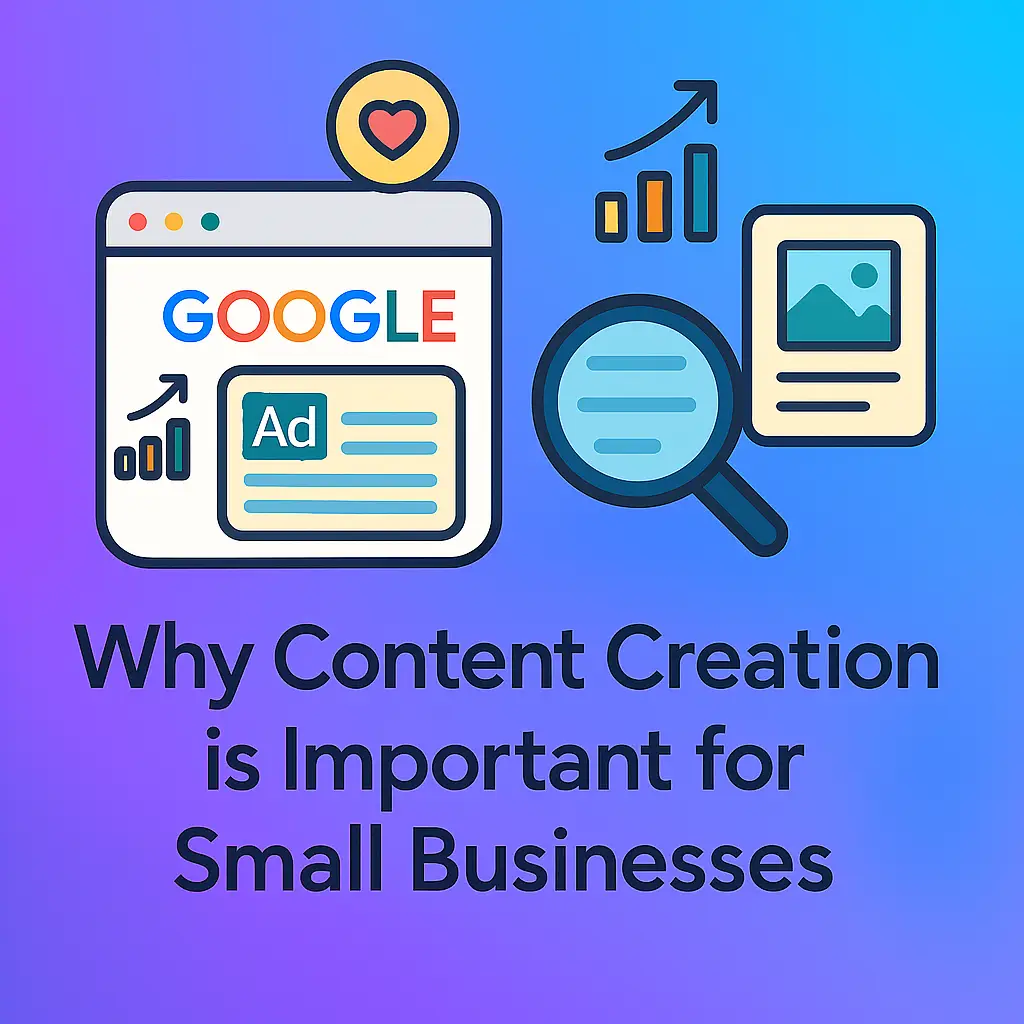Firstly, Businesses in London need to embrace innovative web design to differentiate themselves in a competitive digital environment. A well-crafted website goes beyond mere visual appeal it serves as a vital instrument for boosting conversions, enhancing SEO, and improving user experience.
For firms aiming to excel in their sector, collaborating with a premier digital marketing service in London that provides web design, SEO, and paid advertising guarantees a cohesive and high-performing online presence.
This guide delves into the leading web design trends for 2025, their effects on user engagement, and the importance of integrating them into a comprehensive digital marketing strategy for achieving success.
Why Web Design is Crucial for London Businesses in 2025
Your website frequently represents the initial point of contact for potential customers with your brand. In a bustling city like London, where attention spans are limited and competition is intense, a slow, outdated, or confusing website can lead to lost leads and sales.
Key Statistics:
75% of users evaluate a company’s credibility based on its web design (Stanford Research).
A delay of just 1 second in page loading time can decrease conversions by 7% (Google).
Mobile-first design is essential, as over 60% of London residents browse using smartphones (Ofcom).
To remain competitive, businesses must implement the most significant web design trends of 2025 while ensuring their site is optimised for SEO, speed, and conversions—an area where a leading digital marketing agency in London can assist.
Top 10 Web Design Trends for London Businesses in 2025
1. AI-Driven Personalisation
AI is transforming web design by delivering dynamic, personalised experiences tailored to user behaviour. Anticipate:
Chatbots equipped with natural language processing (e.g., immediate customer support).
Automated content suggestions (e.g., “Customers in London also viewed.
Responsive layouts that adapt according to visitor demographics.
Why Is It Important for Businesses in London
Personalization boosts engagement—particularly in diverse markets like London, where a uniform approach is ineffective.
2. Dark Mode & Low-Light User Experience
Dark mode is not merely a trend—it alleviates eye strain and conserves battery life. By 2025, an increasing number of websites will provide:
Automatic switching between dark and light modes (according to user preferences).
High-contrast designs to enhance readability.
Ideal for: Tech startups, luxury brands, and applications aimed at younger audiences in London.
3. 3D & Immersive Features
With the advent of faster internet speeds (thanks to 5G), websites are integrating:
3D product displays (excellent for e-commerce).
Parallax scrolling effects for narrative purposes.
Virtual tours (perfect for real estate and hospitality sectors in London).
Pro Tip: Combine this with performance enhancements to prevent slow loading times.
4. Voice Search Optimization
With 40% of adults in the UK utilizing voice search on a daily basis, websites need to evolve by:
Structuring content in a Q&A format (e.g., “What is the top digital marketing agency in London?”).
Optimizing for long-tail, conversational phrases.
SEO Bonus: Voice search enhances local SEO—crucial for businesses based in London.
5. Minimalist & Quick-Loading Designs
Google emphasizes Core Web Vitals, indicating that speed correlates with rankings. Current trends include:
Streamlined navigation (fewer clicks to achieve conversion).
Lazy loading for images and videos.
Avoidance of heavy plugins (WordPress users, take note!).
Case Study: A London-based e-commerce site saw a 35% reduction in bounce rate after transitioning to a minimalist, speed-optimized design.
6. Micro-Interactions & Animated Calls to Action
Subtle animations (e.g button hovers, loading indicators) enhance engagement by Guiding users in an intuitive manner.
Making interactions feel more responsive.
Example: A “Book Now” button that gently pulses to attract attention.
7. Sustainability-Oriented Web Design
Environmentally conscious consumers favor brands that minimize their digital carbon footprints. Approaches include:
Green hosting (e.g., servers powered by renewable energy).
Optimized media files to reduce energy consumption.
8. AR/VR Integration
Augmented Reality (AR) is on the rise, particularly for:
Fashion brands (virtual fitting rooms).
Interior design companies (3D room visualizations).
Perfect for: Upscale retailers in London seeking a state-of-the-art experience.
9. Scroll-Triggered Animations
Rather than bombarding users with excessive motion, animations are triggered as they scroll, enhancing the narrative.
For instance: A fitness brand in London employs animated statistics to highlight member success stories.
10. Ultra-Accessible Design
With the tightening of UK accessibility regulations, websites must guarantee:
Compatibility with screen readers.
Navigation via keyboard.
Text with high contrast.
Legal Note: Failing to comply can result in penalties another reason to collaborate with a professional web design agency in London.
How a Digital Marketing Agency in London Enhances Your Web Design
A visually appealing website is ineffective if it fails to convert visitors into customers. This is where comprehensive digital marketing services in London come into play.
1. SEO-Optimized Web Design
Conducting keyword research to attract searches based in London.
Implementing technical SEO improvements (e.g., schema markup, mobile optimization).
2. Conversion Rate Optimization (CRO)
Performing A/B testing on layouts to increase sign-ups and sales.
Utilizing heatmap analysis to identify user click patterns.
3. Paid Ads & Retargeting Synergy
Creating Google Ads landing pages specifically designed for London audiences.
Employing Facebook retargeting pixels to re-engage lost visitors.
4. Ongoing Maintenance & Security
Conducting regular updates to avert hacking (essential for GDPR compliance).
Monitoring speed to uphold rankings.
Choosing the Right Web Design Partner in London
Not every agency produces the same outcomes. Inquire with potential partners:
✅ “Can you provide examples of websites for London businesses that you’ve created?”
✅ “Do you provide SEO support after the launch?”
✅ “What methods do you use to ensure my site converts visitors?

